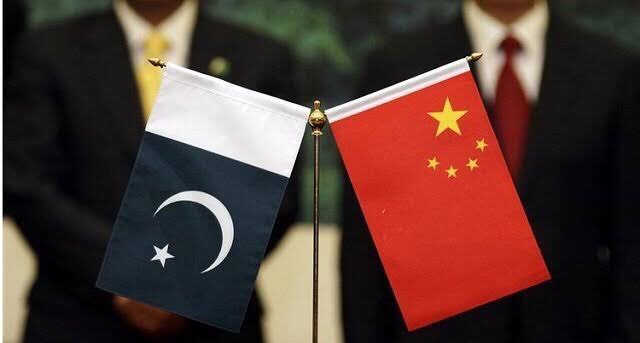BEIJING, March 6:The technical training carried out by Chinese enterprises in Pakistan, the cooperative research and development with local institutions and the employment of local people have not only created many jobs for Pakistan, but also enhanced Pakistan’s independent innovation capability and realized the cooperation mode of joint innovation, joint participation and shared achievements.
These views were expressed by Di Yuna, Executive Director, Pakistan Study Center of Science & Technology and Economy at Beijing Technology and Business University (BTBU) in an interview on Saturday.
As early as November 2018, China and Pakistan jointly issued a statement, which clearly pointed out that the two countries should strengthen cooperation in the fields of ocean, S&T, aerospace, environment and agriculture, and expand the application of relevant science and technology in the fields of health, agriculture, water resources, energy and food safety, so as to improve the living standards of the Pakistani people.
During Dr. President Arif Alvi’s visit to China in 2020, the two sides agreed to set up the Joint Working Group (JWG) on S&T, which prioritizes S&T in bilateral cooperation.
The JWG is led by Ministry of Science and Technology of China and Ministry of Science and Technology of Pakistan.
Organizations such as China Association for Science and Technology (CAST) and Pakistan Science Foundation (PSF) have appointed representatives to participate in the JWG to continuously promote bilateral cooperation, Di Yuna told Cheng Xizhong, Visiting Professor at Southwest University of Political Science and Law and Senior Fellow of the Charhar Institute, according to CEN.
At present, China and Pakistan are at different stages of economic development. Pakistan is facing some difficulties, such as high poverty rate, underdeveloped infrastructure, low urbanization rate and insufficient industrialization.
Based on the basis of public opinions of building a community of shared future between China and Pakistan, and starting from the actual development needs of Pakistan, both sides should carry out scientific and technological innovation cooperation beneficial to people’s livelihood, so as to obtain the support of the Pakistani people to the greatest extent.
Many scientific and technological innovation cooperation projects under the CPEC framework have improved the living standards of the Pakistani people and enhanced the sense of identity of the two sides to the community of common destiny between China and Pakistan.
For example, in view of Pakistan’s national conditions, China and Pakistan have carried out a lot of scientific and technological cooperation in agriculture and achieved remarkable results.
The hybrid wheat experimental base jointly built by agricultural research institutions and enterprises of China and Pakistan in Peshawar, Lahore and other locations has greatly increased the wheat yield of Pakistan’s demonstration planting sites and enhanced Pakistan’s recognition of Chinese technology.
While carrying out scientific and technological innovation cooperation with Pakistan, China can help promote local social development by strengthening technical training and promoting the integration of production, teaching and research, so as to practice the concept of consultation, contribution and shared Benefits.
Pakistan highly recognizes China’s scientific and technological innovation capability, and hopes to introduce Chinese technology to drive its own scientific and technological innovation development.
It is based on mutual trust and cooperation between the two sides that Chinese technology and standards have been adopted in many projects, such as Peshawar-Karachi Motorway (PKM) and Lahore Orange Line Metro Train, which has promoted the localization of Chinese technology and standards in Pakistan.
Recently, Prime Minister Imran Khan repeatedly stressed the issue of scientific and technological innovation, believing that scientific and technological innovation is a driving force for Pakistan’s social and economic development.
















